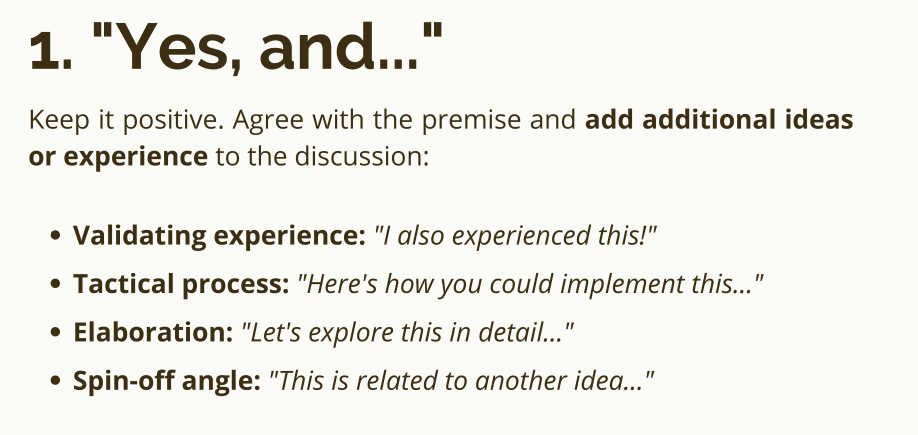The thought leaders practice
Creating Thought Leadership Content For The Reader
messagelab.com
What lends itself to quality writing
Writing gets us found. Writing helps to cement our position as experts. Most important of all, writing about what we do is the fastest way to deepen our knowledge. Writing at length on our expertise drives us into the deep crevices of our territory. As focused experts, we benefit from repeated observation of the same challenges. Writing is the tool
... See moreBlair Enns • The Win Without Pitching Manifesto
The next evolution in strategic thinking isn't about choosing between breadth and depth, or between human and machine capabilities. It's about transcending these false dichotomies entirely. The synthesised strategist doesn't just collect disparate skills and tools – they forge them into new powers that were impossible before.
Zoe Scaman • The Synthesised Strategist

Why is a Good Insight Like a Refrigerator? Because the moment you look into it, a light comes on.
WPP - Why is a Good Insight Like a Refrigerator?
Understanding why things work is far more valuable than simply knowing what works.


